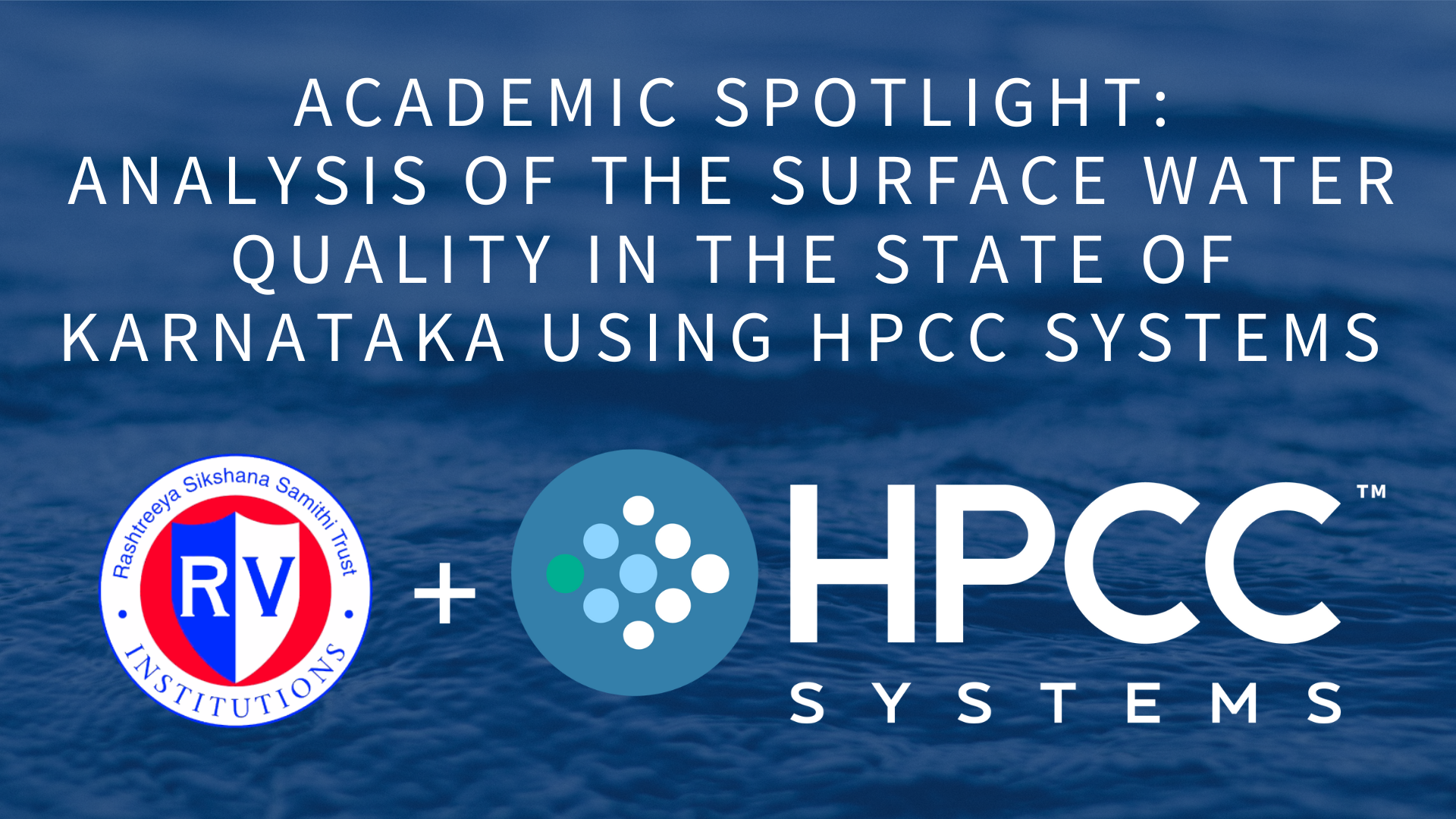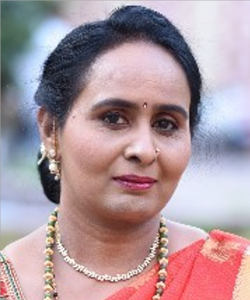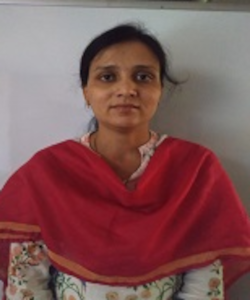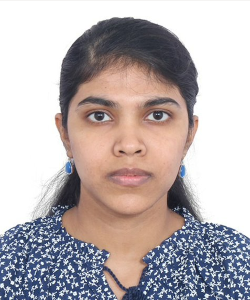Analysis of the Surface Water Quality in the State of Karnataka using HPCC Systems

Earlier this year Dr Shobha with the RVCE in India published a paper highlighting their work using HPCC Systems to analyze decades of water samples to extract valuable information that would otherwise be too arduous to complete without the help of technology.
HPCC Systems has a robust Academic Program that collaborates with colleges, universities, high schools and institutions of higher learning around the world.
One such collaboration with the Rashtreeya Vidyalaya College of Engineering (RVCE) in Bengaluru, India, has resulted in a new publication:
Analysis of the Surface Water Quality in the State of Karnataka using HPCC Systems, published by IEEE Xplore®
Please note: IEEE Xplore requires a subscription to view the full article.
Below is the paper abstract:
Water, one of the essential substances for life on earth is crucial for humans, plants and animals. Regular testing and monitoring of water quality is essential to ensure its safety for consumption. This process includes measuring physical and chemical parameters such as PH, total dissolved solids (TDS) etc. Herein, surface water quality in Karnataka, India was analyzed over 40 years. In order to analyze the large amount of data collected, high performance computing cluster (HPCC) Systems was used. Biochemical oxygen demand (BOD) predictive model was built using linear regression. Additionally, a potability classification model was built using the random forest classifier algorithm. These algorithms are present in the LinearRegression and LearningTrees bundle provided by HPCC Systems. Finally, a graphical visualization of water quality in four basins over time was performed with the Visualizer bundle. This was done to understand the improvement or degradation of water quality. The analysis was performed on a single node and an 8-node cluster respectively. In comparison with the former, the latter had a shorter execution time.
About the authors:

Dr. G. Shobha is a Professor in the Computer Science and Engineering Department at the RV College of Engineering with teaching experience of 25 years. Her specialization includes Data mining, Machine Learning and Image processing. She has published more than 150 papers in reputed journals / conferences. She has also executed sponsored projects worth INR 200 lakhs funded from various agencies nationally and internationally. She is a recipient of various awards such as Career Award for young teachers 2007-08 constituted by All India Council of Technical Education, Best Researcher award from Cognizant 2017, GHC Faculty Scholar for Women in Computing in 2018, IBM Shared University Research Award in 2019, HPCC Systems community recognition award 2020. Dr Shobha was the recipient of the 2021 HPCC Systems Mentor Badge Award for providing guidance and direction towards the successful completion of intern open source projects.

Jyoti Shetty is an Assistant Professor in the Computer Science and Engineering Department at the RV College of Engineering. In collaboration with students, she has executed several projects on HPCC Systems, including, implementing a distributed DBSCAN, providing evaluation metrics for a clustering algorithm, and IoT plugin for HPCC Systems, an OpenCV interface for HPCC Systems and more. She finds HPCC Systems a simple and powerful open source platform to execute complex real world problems. Professor Shetty was the recipient of the 2021 HPCC Systems Mentor Badge Award for providing guidance and direction towards the successful completion of intern open source projects.

Shravya Dasu is currently in her 4th year studying Computer Science and Engineering at the RV College of Engineering, Bangalore, India. She was participant in the 2022 HPCC Systems Poster Competition and won the award for best poster in the category of Research. You can read more about her work on the HPCC Systems Wiki.
More information about the RVCE, HPCC Systems collaboration can be found here.
